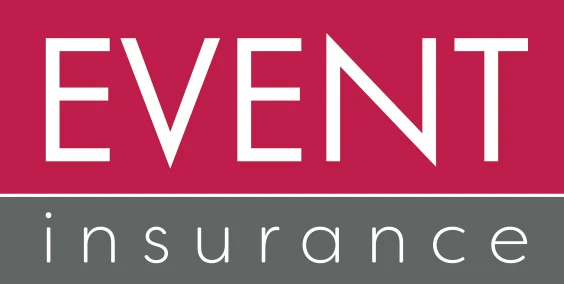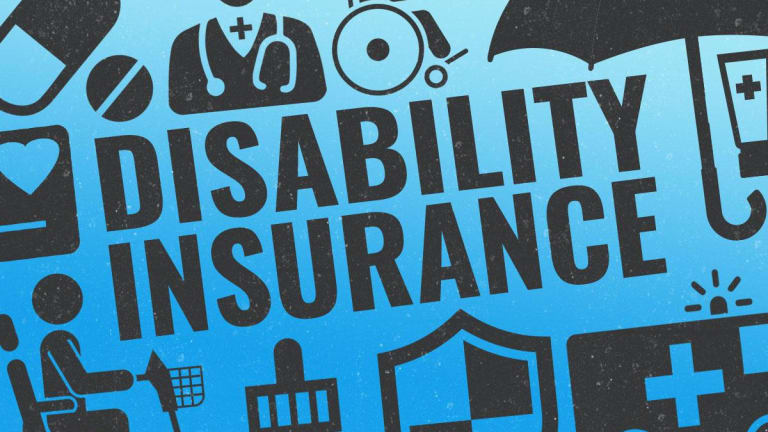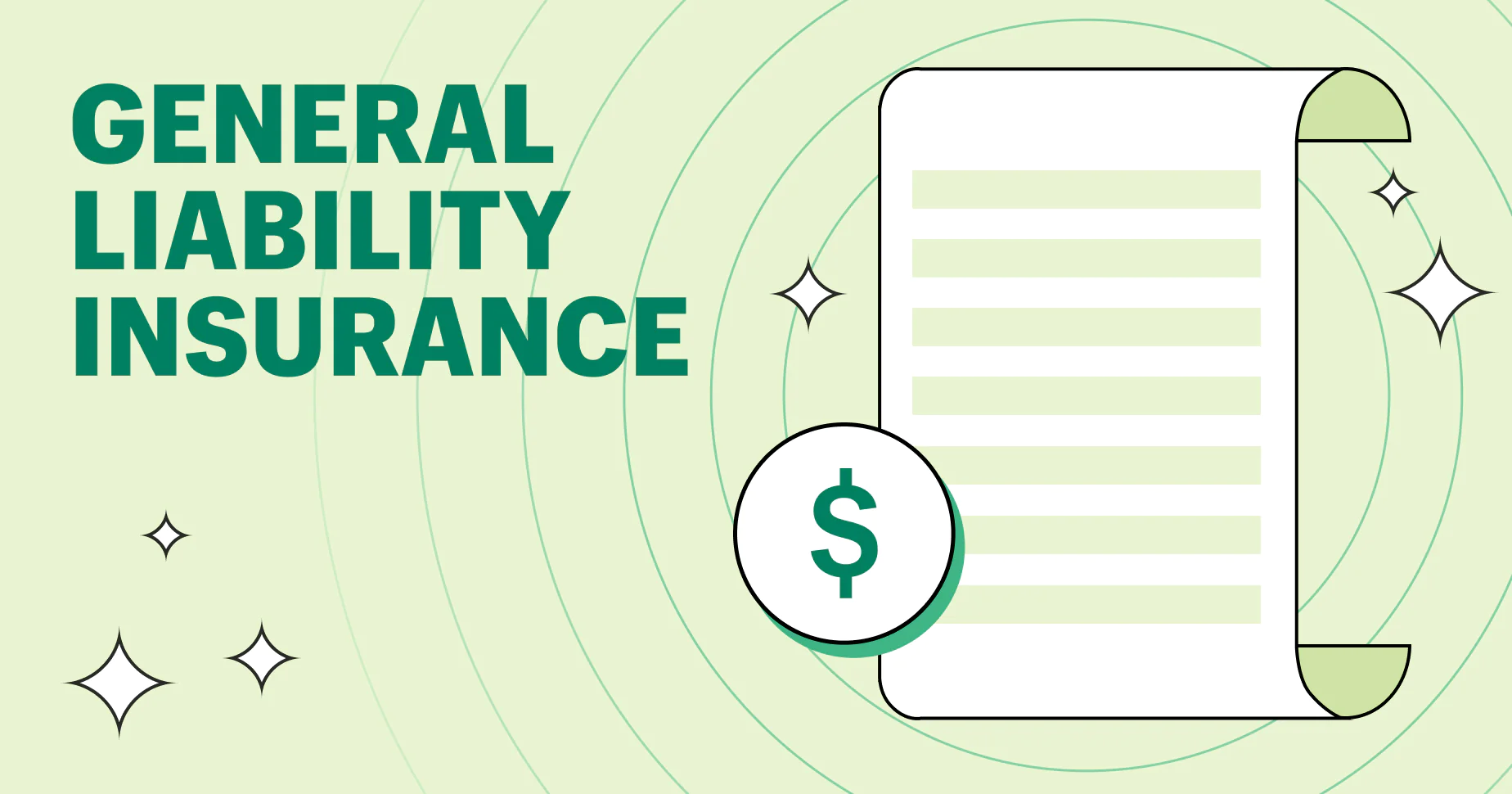Insurance
Understanding Event Insurance
Planning an event like a wedding, party, conference or other gathering can be both exciting and stressful. There is a lot that goes into organizing all of the logistics and ensuring everything goes smoothly. One aspect that often gets overlooked is event insurance. However, having the proper insurance in place is key to protecting yourself from financial liability in case something goes wrong. In this comprehensive guide, we will explore everything you need to know about event insurance.
What is Event Insurance?
Event insurance, also sometimes called wedding insurance or party insurance, is a type of insurance policy that specifically provides coverage for events like weddings, celebrations, conferences, festivals and other planned gatherings. The main purpose of event insurance is to protect the event organizer(s) from financial losses that could occur if something were to go wrong. There are generally two main types of coverage included in an event insurance policy:
- Event Liability Coverage – This protects the event organizer(s) if a guest or third party is injured at the event or their property is damaged. It covers costs like medical bills, legal fees and property repairs in the event of an accidental incident.
- Event Cancellation or Postponement Coverage – If bad weather, illness or another covered reason forces the cancellation or rescheduling of the event, this reimburses non-refundable expenses like deposits, vendor payments and more.
In addition to these core coverages, event insurance policies may also include things like liquor liability coverage if alcohol will be served, property coverage for items used in the event and other optional add-on protections. The goal is to safeguard the event organizer(s) finances from unforeseen incidents that could incur medical bills, legal issues, loss of deposits and other costs.
What Types of Events are Coverable?
Event insurance is extremely versatile and can be used to insure a wide range of planned social gatherings and celebratory events. Some of the most common event types that are insurable include:
- Weddings – Of course, weddings are one of the prime uses of event insurance due to all of the planning, vendors, guests, etc. Event cancellation coverage is especially important for weddings.
- Reunions – Whether it’s a family, childhood friends or work colleagues reuniting, event insurance offers protection.
- Parties – Birthday parties, anniversary parties, graduation parties and more planned social occasions can utilize event insurance.
- Concerts – Music festivals, concerts in the park, charity concerts and similar performances are insurable events.
- Fundraisers – Non-profit galas, charity walks/runs and other fundraisers can benefit from the liability and cancellation protections.
- Conferences – Business conferences, professional seminars, conventions and trade shows are excellent candidates for event insurance.
- Religious/Cultural Events – Community celebrations, parades, religious ceremonies are all events that can be covered.
- Proms/Dances – High school proms, dance recitals, sweet sixteen parties and more insurable social dances and balls.
- Sporting Events – One day sporting tournaments, triathlons, charity games – the athletic variety are coverable events.
Basically, any planned gathering, celebration or organized social function with vendors, guests, activities etc. is likely insurable with event insurance. Policies can custom tailor coverage to a wide range of events and event styles and scales.
What Types of Events Require Insurance?
While not always mandatory, there are some event types and situations where event organizers are commonly required to carry event insurance:
- Events at Public Venues – Most public venues like parks, arenas, fairgrounds etc. will require renters to have liability insurance naming the venue additionally insured. This is for the venue’s protection.
- Events with Alcohol – If serving or selling alcohol, most jurisdictions and vendors require liquor liability coverage be in place. This covers alcohol-related injuries.
- Amusement Events – Anything involving inflatables, rides, climbing walls, obstacle courses, performers, stunts etc. Insurance is usually necessary.
- Outdoor Events – Due to inclement weather risks, many outdoor event permits stipulate insurance as a contingency.
- Large Scale Events – Fairs, festivals, large conferences etc. attended by hundreds+ usually mandate insurance purchase.
- Sporting Events/Competitions – Insurance is typically an entry prerequisite for tournaments with physical activity.
- Events on Private Property – Some private venues have insurance needs as a rental requirement.
So while small private gatherings at home may not always need coverage, many public events, events with risks or events with attendance may be obligated to have liability protection under event insurance. It’s always smart to check venue and activity requirements.
What is Not Covered by Event Insurance?
While event insurance offers broad protections, there are some limitations to coverage that are important to be aware of:
- Criminal or Intentional Acts – Deliberate damage, assault, theft or fraud would not be covered.
- Professional Services – Medical malpractice by doctors, legal malpractice by lawyers etc. is excluded.
- Contractual Liability – Breach of contract disputes between event vendors are not insurable claims.
- Aircraft/Watercraft – Risks associated with airplanes, helicopters, boats, ships would be excluded.
- Motor Vehicles – Standard auto insurance handles vehicles, not event policies.
- Workers Compensation – Employee injuries are covered under workers comp, not event insurance.
- Property of Others – Personal effects like guests’ phones, purses, belongings are not covered.
- Pre-Existing Medical Conditions – Underlying issues are not covered by most insurers.
- Pets/Animals – Injuries related to animals like bouncy castles are beyond coverage.
- Illegal/Harmful Acts – Insuring things like fights, hazing, discrimination would be unethical.
So while event insurance aims to cover most accidental risks, policies do have limitations. Understanding excluded exposures is important for event organizers.
How Much Does Event Insurance Cost?
The typical cost of event insurance can vary based on several factors, but on average according to Forbes Advisor the typical expense is around $146 per event. Some of the influencing details on price include:
- Number of Attendees – More guests means higher exposure to risk = higher premiums.
- Type of Event – Certain event types carry built-in higher risks (concerts, sports, outdoor).
- Location of Event – Urban areas typically cost more than rural venues.
- Length of Event – Multi-day events are priced over single-day events.
- Is Alcohol Served? – Liquor coverage increases rates.
- Total Insured Limit – Higher liability caps require larger premiums.
- Cancellation Coverage – Adding this protection increases the cost.
- Optional Coverages – Adding extras like property coverage costs more.
Most carriers can generate price quotes within minutes online. For a standard one-day event under 200 guests with $1M liability insurance, cancellation coverage and alcohol, total insurance may fall in the $150-500 range typically. But big concerts, festivals and complex events could climb into the thousands depending on all risk factors involved.
Choosing an Event Insurance Provider
With event insurance being relatively affordable protection for event organizers, it’s wise to consider purchasing a policy. But with many carriers offering options, how does one determine the best event insurance company? Here are some tips for choosing a provider:
- Coverage Options – Look for flexibility in customizable liability caps, cancellation limits and add-on options.
- Online Purchase – Be sure to pick insurers that allow fast online policies without agents for ease.
- Next Day Coverage – Can you bind coverage the day before an event if planned last minute?
- Claims Experience – Reputable carriers have strong records of paying claims promptly.
- Ratings – Insurers with high ratings from AM Best, BBB and others inspire more trust.
- Price – Get quotes from multiple insurers for best value without skimping on coverage.
- Reviews – Check online for real user reviews of different carriers’ purchase/claims processes.
Taking these factors into account, some consistently highly-rated options for event insurance based on research include Eventsured, RVNA and Philadelphia Insurance Companies. But it still pays to compare multiple options given your unique event needs.
Best Event Insurance Companies of 2024
Based on an analysis of coverage options, prices and online capabilities, here are some of the top-recommended event insurers to consider in 2024:
Eventsured – As the top-rated overall option, Eventsured delivers fast, easy online policies ideal for last-minute bookings. Rates are reasonable and you can get up to $3M in liability coverage with host liquor liability included as well.
RVNA – Offering one of the best assortments of additional custom coverage add-ons like loss of deposits, gifts/jewelry protection and more, RVNA provides flexibility. Prices are competitive for the coverage.
Markel – While a bit pricier than some peers, Markel stands out by providing up to a 15% discount when bundling liability with cancellation coverage. You can buy a policy up to a day before your event as well.
Determining Coverage Needs
The first step in choosing an event insurance policy is figuring out exactly what types and levels of coverage you need. Here are a few questions to ask yourself:
- What risks am I most concerned about (injury, theft, weather)?
- What assets need protecting (venue deposit, vendor costs, equipment)?
- How much liability protection do I require?
- Do any venues/vendors mandate certain coverage amounts?
- How essential is cancellation coverage given investment in the event?
Take inventory of all potential exposure to losses. This will help narrow your focus on important policy features.
Policy Structure
Most event insurance policies involve two core sections – a general liability portion and sometimes a separate cancellation/non-appearance section.
Liability coverage typically includes:
- Per-occurrence limit – maximum payout per claim
- Aggregate limit – total payout cap over the policy period
- Additional insured endorsements if needed
Cancellation coverage reimbursements are usually based on:
- Itemized non-refundable costs (venue, vendors, rental etc.)
- Attachable proof of expenses like contracts and receipts
- Covered reasons for canceling like weather, injury, military duty
Factors Affecting Cost
While $150-500 may be average pricing for event policies, some specifics affecting a quote include:
- Rural vs urban – Countryside premiums often cheaper
- Indoor vs outdoor – Weather risks drive outdoor rates up
- Proximity to fire stations – Response times impact fire rates
- Catering details – Buffets cost more than served meals
- Security provisions – What measures reduce liability?
Understanding individual nuances will allow obtaining the most cost-conscious offerings. Comparing multiple quotes is always prudent.
Claims Process
Generally, to file an event insurance claim, the following steps are involved:
- Notify insurer ASAP after incident occurs
- Document all details related to the incident/loss in question
- Submit any supporting documentation (bills, contracts, estimates, etc.)
- A claims adjuster will evaluate, investigate and ask follow-up questions
- An offers of settlement/reimbursement is made if the claim proves valid
Prompt action, thorough documentation and full cooperation streamline the claims experience. Having your paperwork and policy details ready facilitates the fastest resolution.
I hope these additional insights into event insurance policies, structures, pricing factors and claims help give you more confidence in planning your protection strategy. Please let me know if any part of the process remains unclear.







